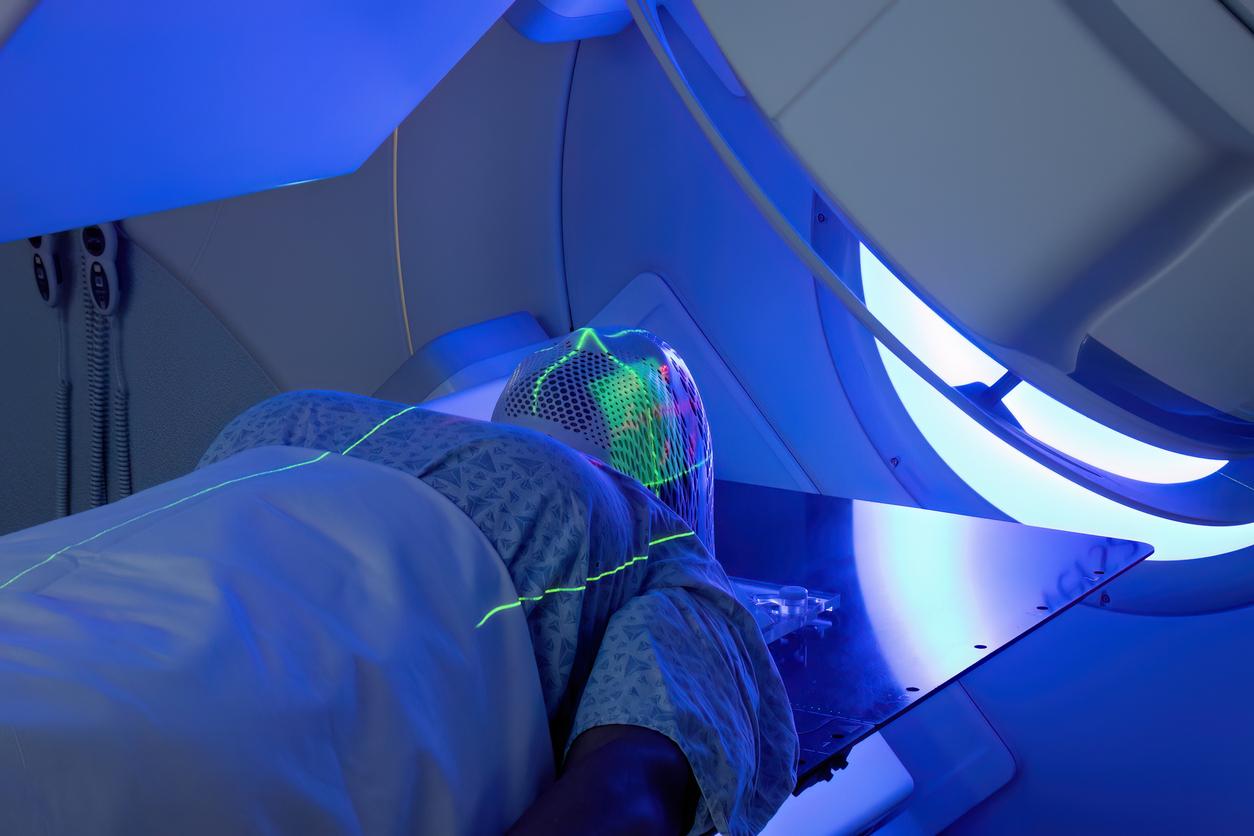This is not the first time that a dog’s highly developed sense of smell has been used in medical research. Already last year, the head of the urology department of the Humanitas Research Hospital in Milan (Italy) presented thetwo female German Shepherds that his team trained to sniff urine samples for volatile organic compounds specific to prostate cancer.
This time, it was a team from the University of Arkansas for Medical Sciences (UAMS) that trained a male German Shepherd (dubbed Frankie) to spot these volatile organic compounds. But Frankie’s specialty is thyroid cancer. When he “smells” for cancer in the urine sample of an undiagnosed patient, Frankie goes to bed. If he does not smell anything, he goes his way.
30 good diagnoses out of 34
For this demonstration, 34 patients who had an appointment at the hospital for examinations, agreed to serve as guinea pigs. Urine samples were taken from each of them and Frankie gave the correct diagnosis for 30 patients.
“This type of diagnosis is reproducible, non-invasive and above all inexpensive. It represents a solution of the future for regions of the world which cannot have access to biopsy techniques” explains Dr Donald Bodenner, head of the endocrine service. oncology at UAMS.
In France, there are around 4,000 new cases of thyroid cancers, of which three quarters in women. To make the diagnosis, the doctor takes cells from the nodules that have grown on the thyroid (this is called a fine needle aspiration) to analyze them. This allows you to see if the cells are normal, suspicious (in this case, we are watching) or malignant (sign of cancer).
And you, would you be reassured by a diagnosis made by a sniffer dog? Talk about it on our forum.
Read also :
Lung cancer detected by dogs
Infographic: finding your way around cancer screenings


















